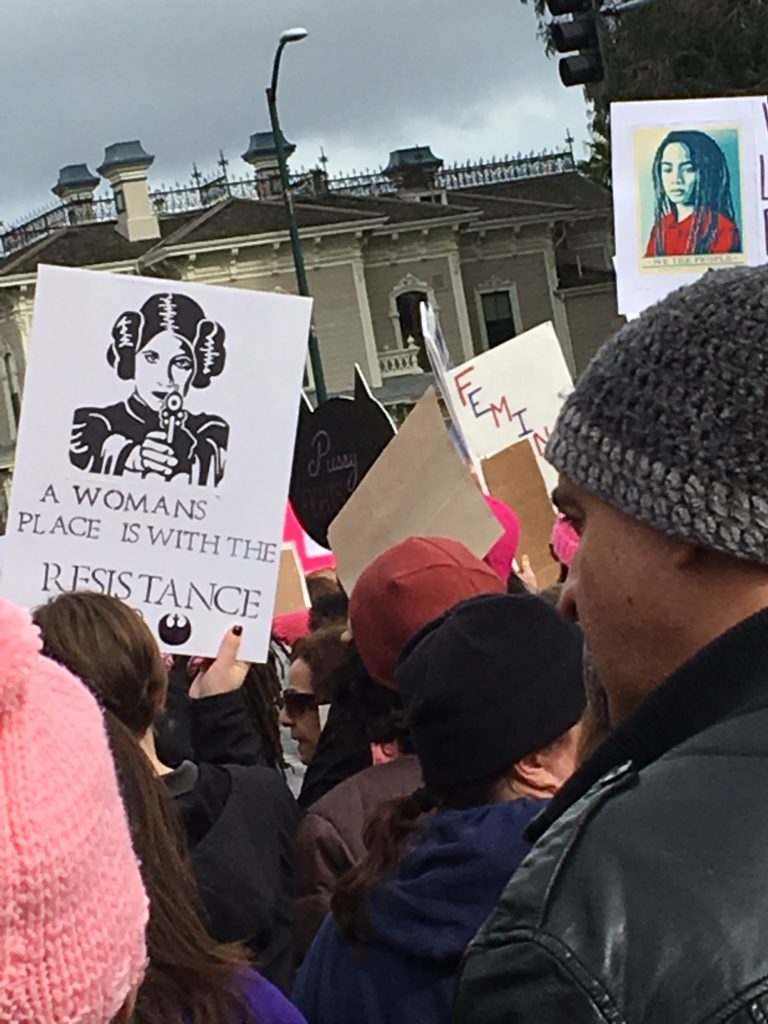
What did I do to deserve such rude and disrespectful kids?!
Bullying prevention begins at home. A child’s propensity for being aggressive and/or putting up with aggressive behavior from others may begin at home as well. As this email suggests, however, rushing to judgment about what’s going on in someone else’s family, isn’t helpful.
Annie: I can tell you’ve got a good heart because you really care about your friend. I’m sure she values the friendship and really appreciates having you in her life. Your question is a great one: “What can you do if a friend’s mom, dad, stepdad, etc. isn’t being kind or fair to them?”
Here’s the thing, it’s almost impossible to tell what’s actually going on inside of someone else’s family. Suppose, for example, you and your mom are at the supermarket. And let’s say you are in a bad mood because a) you are hungry and b) you have a lot of homework plus a test to study for and c) one of your best friend’s was rude to you right after school and you’re freaking out that she may not be your friend any more. So, yeah, you’re in a bad mood.
Now imagine you and your mom walk down the cereal aisle and you grab your favorite stuff off the shelf. Your mom snaps, “I’m not buying that.” You yell at her and she yells back at you. What if a stranger happens to be watching what just happened? What might she assume about your relationship with your mom?
No assumptions strangers make can’t ever be the whole truth. There might not be any truth to it at all. That’s why it’s always a good idea to look beyond the surface and ask yourself, “What else might be going on here?”
As an outsider, you just never know.
Annie: I don’t know for sure. But when a parent is consistently rude, unfair or generally in a bad mood, the child’s behavior is probably not the most important cause. Maybe the parents are having relationship challenges or financial worries, or they’re dealing with other family stresses (sick grandparents, for example). As an outsider, you just never know. But here’s something you can do: Be as kind and understanding as you can be. If your friend wants to talk about how she’s feeling… be a good listener. That often helps, especially when kids feel like no one understands.














